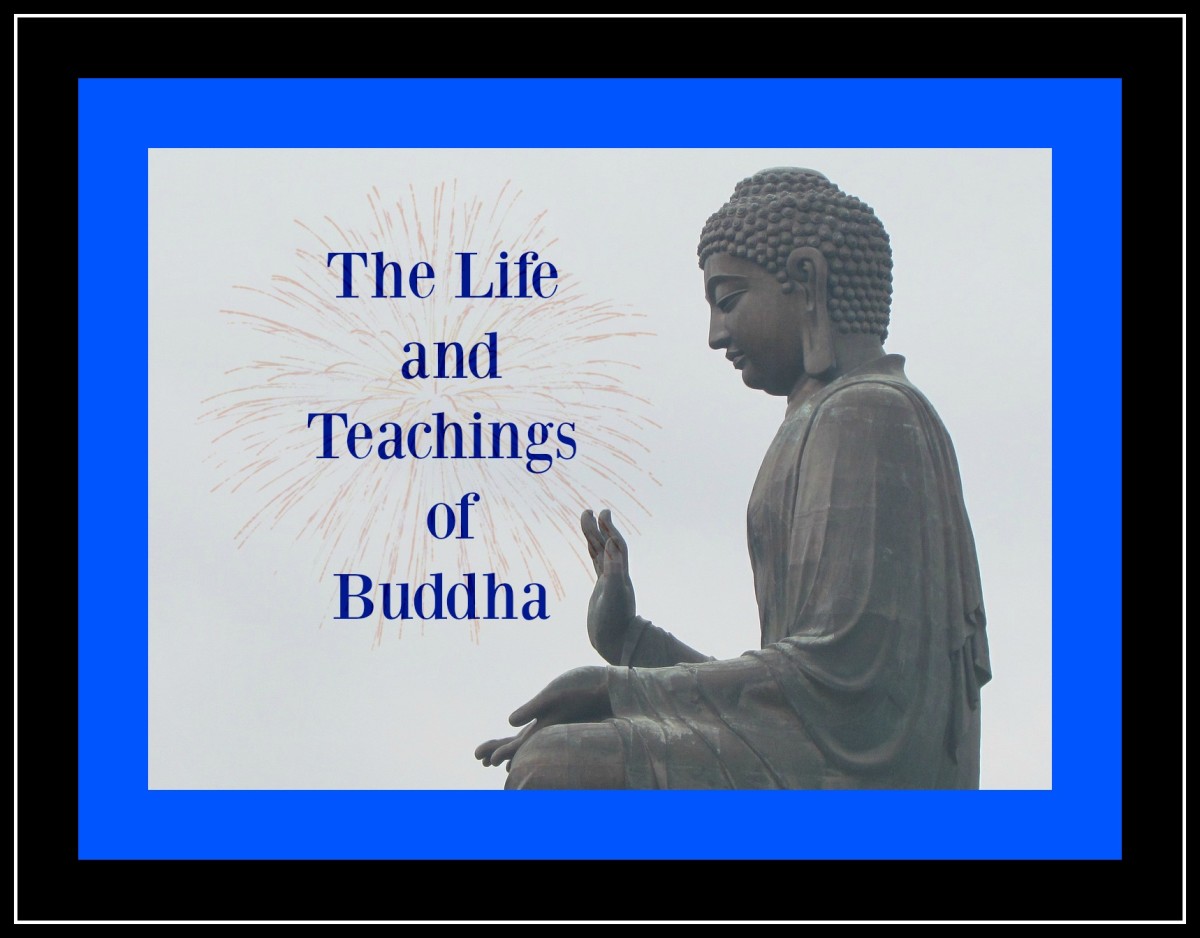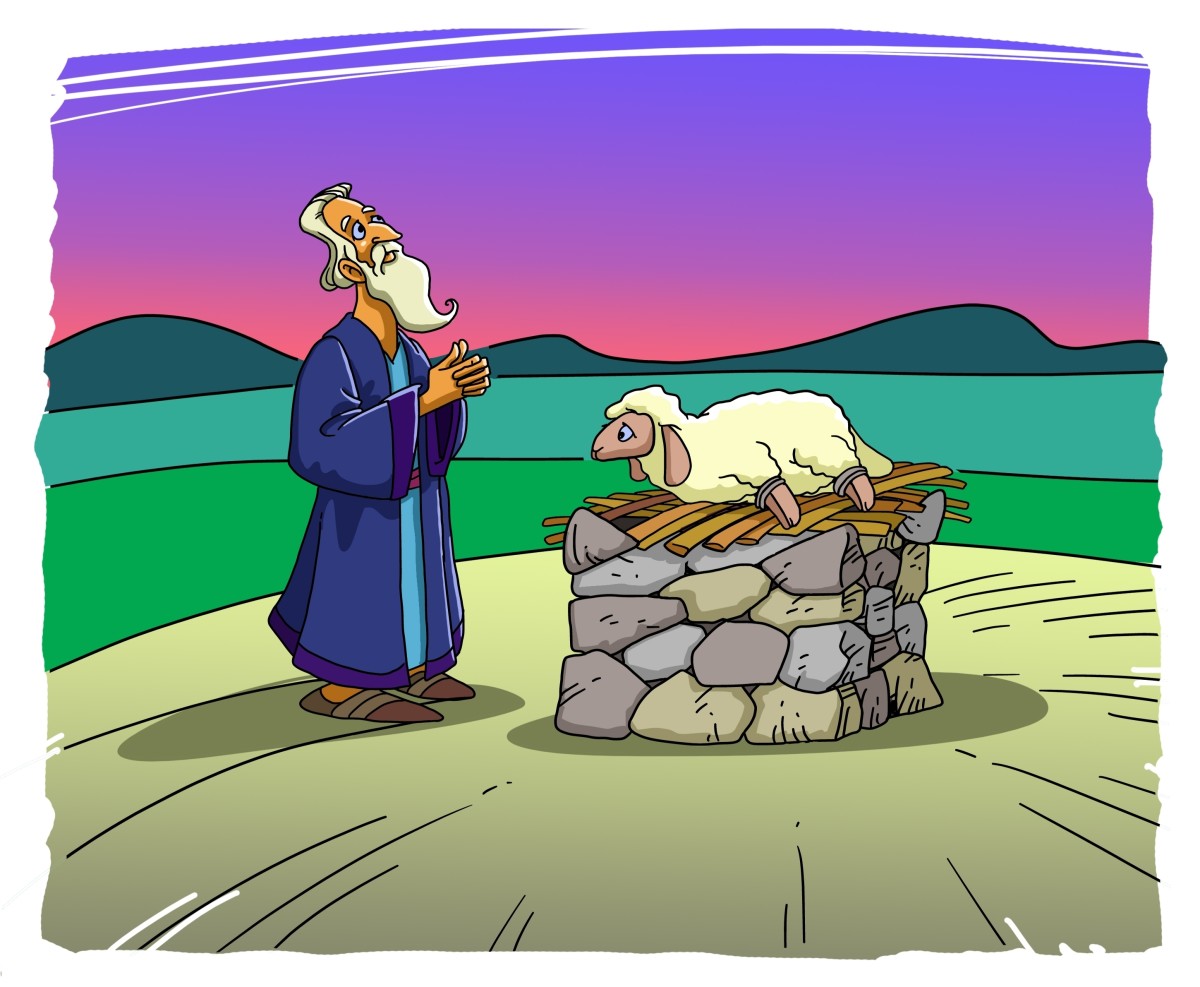JESUS CHRIST: The Fulfillment of the Promises of God - AUDIO TEACHINGS

A nine part teaching series on JESUS CHRIST: The Fulfillment of the Promises of God.
LINKS TO THE ASSOCIATED HUBS
-
Part 1: Introduction
-
Part 2: The Lord Sees and Provides - Jehovah Jireh
-
Part 3: The Lord our Healer - Jehovah Rapha
-
Part 4: The Lord our Banner - Jehovah Nissi
-
Part 5: The Lord Who Sanctifies Us - Jehovah Mekaddishkem
-
Part 6 The Lord our Peace - Jehovah Shalom
-
Part 7: The Lord our Righteousness - Jehovah Tsidkenu
-
Part 8: The Lord is There - Jehovah Shammah
-
Part 9: The Lord is our Shepherd - Jehovah Rohi
CLICK HERE FOR THE AUDIO TEACHINGS
-
NO CHARGE
-
NO REGISTRATION
-
NO CONDITIONS
The individual sessions in this audio teaching series systematically build upon each other. It is highly recommended that the listener start with the first session and proceed in succession.
Rightly dividing the word of truth?
These words "rightly dividing" from 2Timothy 2:15 are the compound Greek word orthotomeo;
accurately used by Greek speaking Gemologists to describe "cleaving" an
uncut diamond. Before cutting the diamond the planner must first look
inside of the rough uncut stone for the "clevis" and mark where to cut
accordingly. These markings of where to cut are dictated by the
inherent characteristics of the diamond itself. Incorrectly marking of
the diamond by a fraction of a millimeter could result in catastrophe.
If the cutter cleaves the diamond in the wrong spot it will most likely
shatter into dust. And so it is with the word of truth. To the degree
it is allowed to speak for itself is to the degree we have the rightly
divided word of truth; to the degree we read into it is to the degree
we have little more than diamond dust.
A few more quick and simple keys for understanding and enjoying the Bible:
Firstly, when looking for the meaning of a particular verse we do well to
carefully read the entire context of a passage. Understanding the surrounding
scope of a verse is essential for grasping the correct meaning of that verse. Verses
cannot usually be extracted from context and still project the intended
truth.
Secondly, we can look into our minds to see
if we are reading exactly what is stated or, perhaps, whether we are
reading into the words or between the lines. The error is more likely
to be in our understanding then it is to be a translation error. Not
allowing the Scriptures to interpret themselves is a major source of
error for the lack of accurately understanding the truth of any given
subject.
Thirdly, when studying an unclear or apparently
contradictory verse we can look at other verses on the same topic, because
when the other verses are clear and agree with one another, we know
that the many concurring verses must be correct and the unclear,
contradictory verse may have had an error creep into it somewhere along
the line (either in our understanding or in the translation). We can
adhere to the truth of the many clear verses and look for the error
regarding the contradictory verse, or perhaps just set it on the back shelf for awhile.
Fourthly,we can look at other translations to see if they are clearer. The Bible does not say
of itself that any translation is 100% without error. It proclaims of
itself that the original "God-breathed" writings were without error. Psalms 12:7 proclaims that God will preserve
His word. The preserving process has not ended, it is an ongoing
process. The original writings were without error, but some errors have
crept in over the years through bad translations and false teachings.
But praise God, He preserves His word "forever".
In conclusion, only when our minds
understand what a given verse is communicating of itself—with proper
translation, seeing the verse in its context, and having all verses on
a given topic concur—do we have what is referred to as “the word of
truth.” No version or translation presents in perfection the inspired,
original “God Breathed” writings, and therefore we as students must be
especially diligent in seeking the error-less truth of the original,
God-breathed Scriptures.








